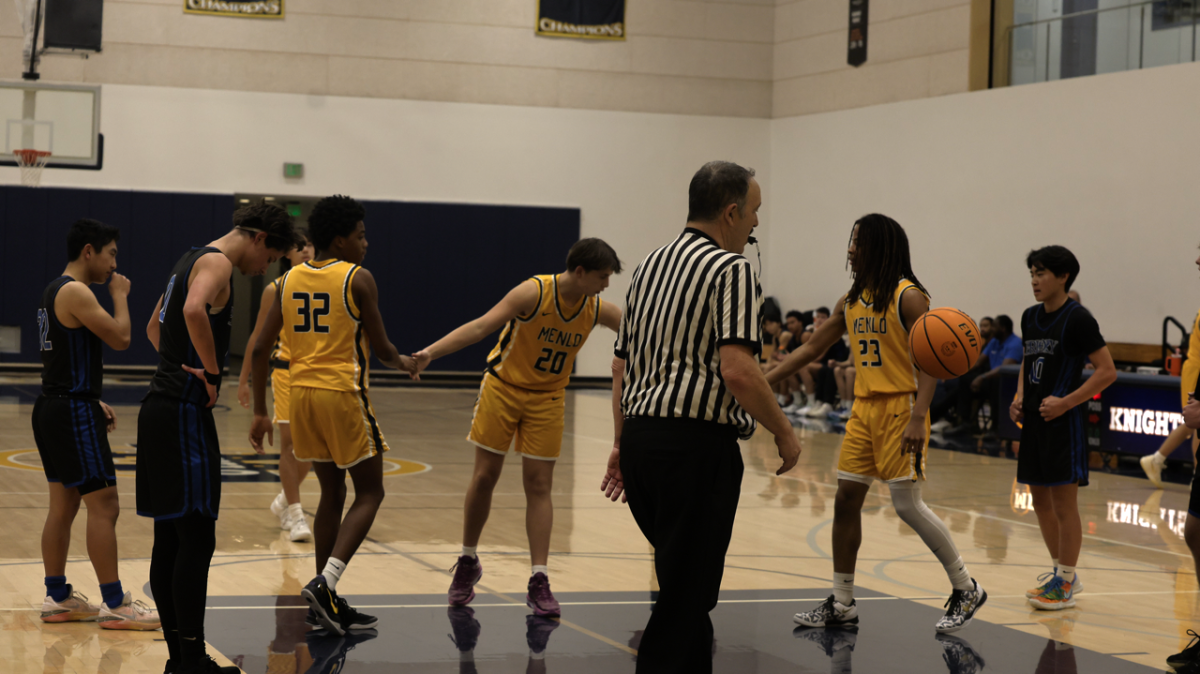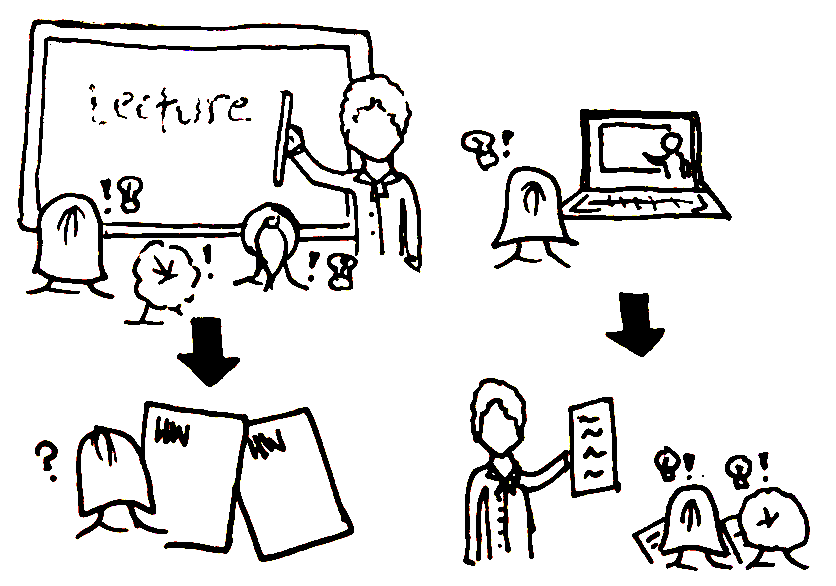In our constantly developing world, it has never been more important than to be independent and figure out how to manage one’s life. From managing taxes to thinking about how one should place their finances and budgets, these life skills are all integral to survive the harsh realities of the real world. That’s why it’s important to have a specific life skills course at Menlo — it’s practical for the real world and builds essential skills like communication and resilience.
To start, a life skills course is essential because it provides practical, tangible knowledge for real world events. This type of course would teach students skills such as budgeting, improved problem-solving and decision-making as well as basic cooking skills that are integral for independent living. In particular, financial literacy skills such as budgeting, saving and investing are fundamental in a world where inflation is at a high and scams are prevalent. We often learn the basic concepts of economics, but we have never been taught how to apply them to our lives. Having a life skills course would allow us to not only manage daily expenses but also in planning long-term goals in the future. Additionally, gaining financial insight assists with equipping individuals with financial safeguards. Indeed, learning this type of expertise allows us to further understand how to maintain financial stability and bridge the gap between academic knowledge with practical application, empowering students to navigate adulthood with a newfound sense of confidence, competence and reassurance. Another type of important skill is problem solving, a skill that is crucial to manage the challenges of life and can also be integrated into the curriculum through a multitude of ways. Today, problem solving can be used from the simplest of ways, from reorganizing a bookshelf to changing a lightbulb. Regardless, having a problems solving course allows for the application of an essential trait or characteristic to a multitude of life events and skills.
Another important benefit of life skills is that it promotes certain traits such as communication and resilience because it teaches individuals how to navigate challenges effectively, express themselves clearly and adapt to changing circumstances with confidence and determination. A common experience in the world is learning to deal with different situations with varying degrees of conflict. In particular, having to cope with irritating coworkers and bosses is something that happens all the time. And in these types of situations, it has never been as important as to understand and learn how to move forward with newfound perseverance. By learning how to adjust, we can improve our lives and create new ways to deal with certain irritations that encourage change and resilience. Additionally, learning basic life skills also encourages emotional intelligence, which is vital for understanding and managing one’s emotions and empathizing with others. In situations where pressures are high, such as resolving fights or conflicts with friends or family, a high emotional intelligence allows us to remain calm, assess the feelings of others, and respond with empathy. Being self-aware helps lower tension and encourages open, productive conversations. When people recognize and respect each other’s emotions, it’s easier to handle conflicts with empathy and build stronger, more positive relationships. Growing this kind of emotional maturity also boosts resilience, making it easier to tackle challenges with patience down the road, which life skills could also provide by offering practical tools and strategies to navigate stress, build confidence, and maintain a positive mindset in difficult situations.
Though some may argue that the senior MTerm, Life Beyond Menlo, already teaches life skills, there is just simply not enough time to cover everything in a matter of two weeks. Seniors also often skip these events simply because they might not feel the need to learn about this “mundane” content, which covers a vast range of topics ranging from common experiences to hypothetical scenarios. Additionally, doing it at the end of senior year where students are dealing with senioritis and might be fed up with school may not be as effective. Thus, an incentive for a class like this could be that those who take it can skip senior MTerm and instead, use that time to relax and enjoy their final weeks of high school.
Adding a life skills course at Menlo would be a game-changer, giving students practical tools to handle real-world situations and build key skills like communication and resilience. It’s a solid step toward setting up our students for success as they begin to navigate adulthood.









